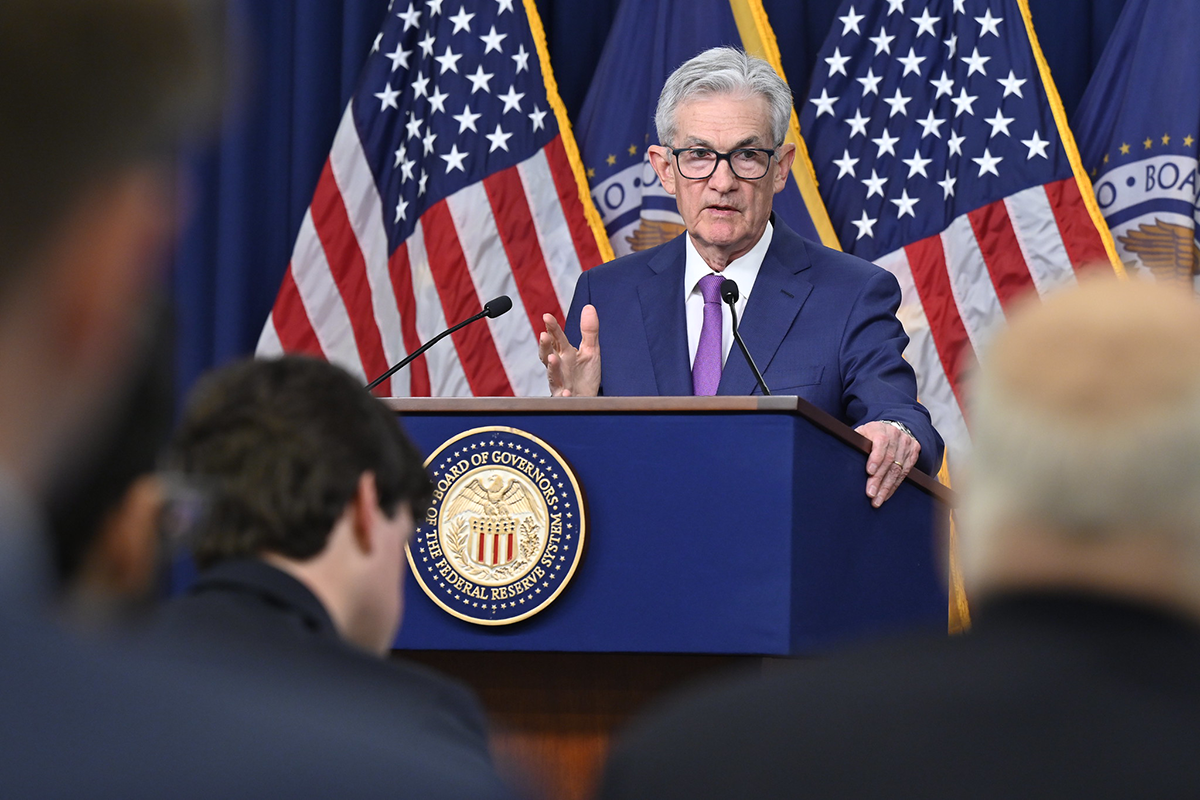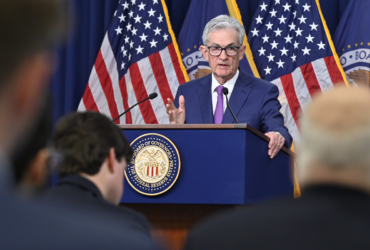Art Laffer and Steve Moore, known for their contributions to supply-side economics and their close ties to conservative political circles, have recommended three potential candidates for the position of Federal Reserve Chair to former President Donald Trump, according to the Wall Street Journal. With Jerome Powell’s term set to end in May 2026, speculation about his successor is already brewing, and Laffer and Moore are not ones to shy away from the conversation.
Laffer, famed for his Laffer Curve theory, and Moore, a former economic advisor to President Trump, have put forward a trio of seasoned economists as potential successors to Powell. Among their recommendations are Kevin Warsh, Kevin Hassett, and even Laffer himself.
Kevin Warsh, an individual with significant experience both in academia and government service, stands out as a prominent contender. Having served as an economic-policy adviser to President George W. Bush and later as a member of the Federal Reserve’s Board of Governors, Warsh brings a wealth of expertise to the table. His understanding of monetary policy and economic dynamics could prove invaluable in steering the Federal Reserve through the challenges of a post-COVID economic landscape.
Another name on Laffer and Moore’s list is Kevin Hassett, a familiar face from the Trump administration. Hassett’s tenure as Chairman of the Council of Economic Advisers during the Trump presidency showcased his ability to navigate complex economic issues and communicate policy recommendations effectively. His experience in both academia and government policymaking makes him a strong contender for the role of Fed Chair.
Surprisingly, Laffer himself has been mentioned as a potential candidate. As an economic advisor to former President Ronald Reagan and the architect of the Laffer Curve, Laffer’s influence on conservative economic thought cannot be overstated. While unconventional, his appointment would certainly bring a unique perspective to the Federal Reserve’s leadership.
The looming question, however, is the future of Jerome Powell. Appointed by President Trump in 2018 and reappointed by President Biden in 2022, Powell has overseen the Federal Reserve during one of the most challenging periods in recent history. His handling of the COVID-19 pandemic and efforts to rein in inflation have earned him praise from both sides of the political aisle. However, former President Trump’s recent comments suggest that Powell’s tenure may be coming to an end sooner rather than later.
In a February interview with Fox Business, Trump expressed his reluctance to reappoint Powell for a third term, citing concerns about his perceived political motivations. Talking with Maria Bartiromo, Trump said “It looks to me like he’s trying to lower interest rates for the sake of maybe getting people elected,” adding that he believes Powell is “political.”
Whoever succeeds Jerome Powell will undoubtedly face high expectations. Powell’s adept navigation of economic challenges has set a high bar for his successor, requiring a delicate balance of economic expertise, political acumen, and a steadfast commitment to maintaining the stability of the U.S. economy.





